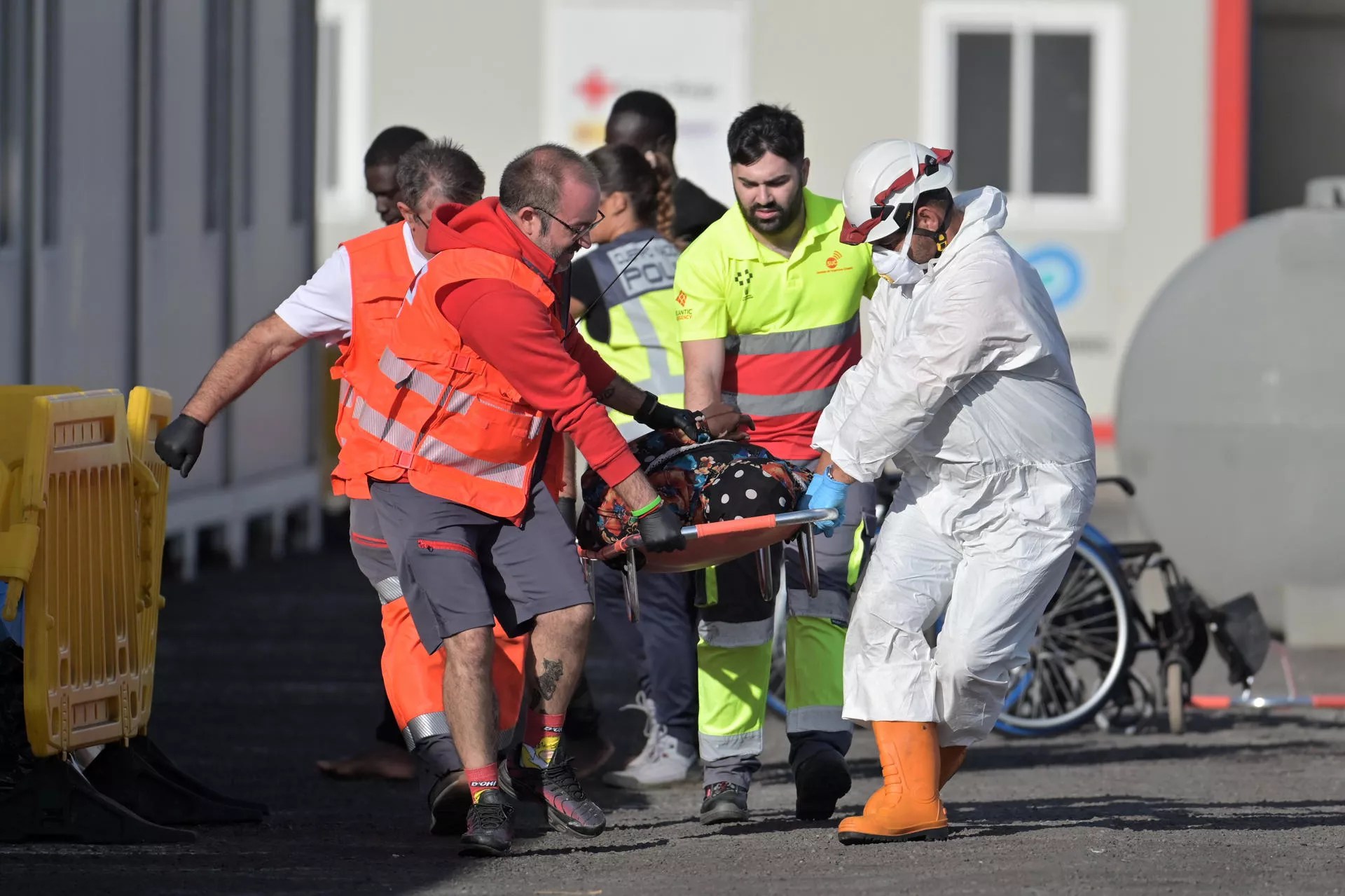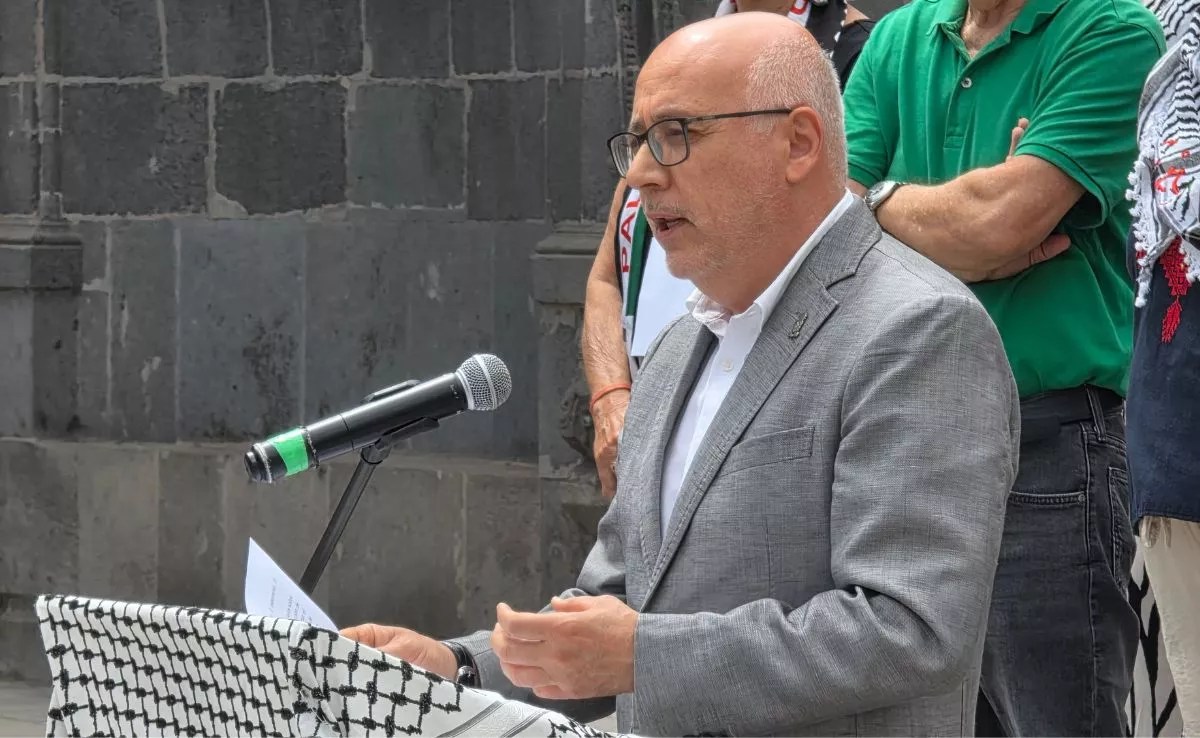The protest on 20th October in the Canary Islands, aimed at challenging the existing tourism model in the area, has elicited varied responses from certain municipalities in the southern part of Tenerife.
As concerns grow regarding sustainability and the fair distribution of wealth generated, the local councils have articulated positions that range from the necessity of modifying the current model to the unwillingness to vilify the sector that serves as the primary source of income for both the Archipelago and the region.
Arturo González, the mayor of San Miguel de Abona, has claimed that the demonstration and its media portrayal have created a negative perception of the tourism industry. In the specific context of the Canary Islands, he stated, “when we have a cow that gives milk, we have to take care of it and we cannot belittle it,” referring to the economic reliance the region has on this sector.
The urgency for transformation
Granadilla de Abona has taken the lead among southern municipalities in advocating for a revision of the tourism model. David Santos, spokesperson for the socialist municipal group, emphasised the necessity of transitioning to a more sustainable system, one that enables a more equitable distribution of wealth and enhances the living standards of residents. “It is time to elevate the Archipelago from the bottom of salary rankings and inequality,” remarked the councillor.
The municipality of Granadilla de Abona has previously been involved in a significant controversy with the Government of the Canary Islands and the Cabildo of Tenerife concerning the La Tejita hotel project. Mayor Jennifer Miranda chose not to attend a meeting convened by the regional president, Fernando Clavijo, to discuss the status of tourism developments in the south of the Island post 20-A, and accused both administrations of employing “political window dressing” to distract from the fundamental issues.
MORE DISCUSSION
Dácil León, the second deputy mayor and councillor for Tourism in Arona, cautioned against potential narratives that could demonise tourism. “The economy and the present and future well-being of this Archipelago rely on this,” she emphasised, reiterating the need to foster a constructive dialogue to realign the model.
















